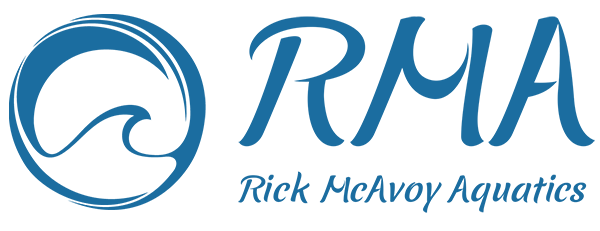Aquatic Movement Screening
I have been incorporating water into my athletes' training programs for a number of years. Now more than ever, there is significant research in the strength and conditioning journals validating the benefits of aquatic training for strength, flexibility and power to mention a few.
Using the water as a movement screen is something that I have discovered to be very beneficial and have incorporated into every athlete's aquatic training session. In the water, you are able to target multiple muscle groups much easier as well as train both mobility and stability simultaneously.
Athletes are very patterned to their specific sport. They also, like all of us, are influenced by gravity and momentum. In the water, both gravity and momentum are diminished and movement tends to be slowed down. This commonly brings out dysfunctional patterns more clearly. Because water is a surrounding medium and provides three-dimensional resistance, when an athlete moves in the water, he or she is subjected to the forces of buoyancy, viscosity and drag. These factors tend to turn most athletes (at least initially) into very uncoordinated individuals. Even the simplest movements, such as walking forward or backward with proper reciprocal arm swing has frustrated the most elite athletes in my experience. I encourage them to always remember, "The harder you push, the harder the water pushes you back, so there is no way you can ever overpower the water." On a good note, the water's hydrostatic pressure acts as a “second pair of hands” and assists with increased proprioceptive feedback so the athlete is able to improve his or her body awareness and motor patterning relatively quickly.
By incorporating aquatics into your athletes existing land based training you will be able to target movement pattern dysfunctions to a greater extent, thus enabling you to design more effective sports performance training programs.
This will not only help enhance your athletes' performance but also will hopefully reduce the frequency of athletic injuries overall.
